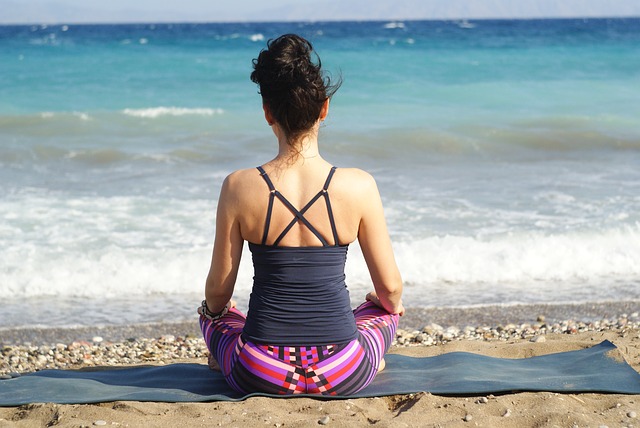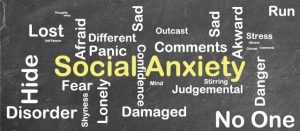
As a meditation teacher, I’ve heard countless students share their excuses for why they didn’t meditate in the past week. They wanted to. They know it would be good for them. They just didn’t do it. At least, not consistently.
Something always seems to get in the way: they need more sleep, the dog needs to be walked, the kids are up, they had to work late or had an early meeting, they felt too anxious, worried, or irritable… Meditation just didn’t seem as important as other things they had to do. Yet, all those things they did didn’t give them the peace of mind they desired.
Of course, meditation is about changing your relationship with all the events, worries, and anxieties in your life. It’s a daily ritual-like eating, sleeping, and brushing your teeth-that creates a more relaxed, healthy, meaningful, and intentional way of living. It’s a powerful practice to realize the deep peace of mind we all desire. So, what’s the secret to moving from excuses to practice?
The answer is: you’ve got to have a strong “Why?”
Where do you find your Why?
The answer may surprise you.
Your body is not just a mechanical vehicle for carrying out all the activities in your life. It is a highly-sensitive bio-feedback system.
Your body can tell you what is good for you to eat and how much, when you need to rest, when you need to relax and have fun, when you need to get up and move, and when you need to be alone, have contact with others, be in nature, and spend time in meditation. It connects you to when, why, and how much to do anything. If you’re paying attention.
In our context, it connects you to WHY you might want to meditate in the first place. At least it has the potential to do this-if you pay attention. Yet, how often do you pause and really pay attention to your body’s signals? How often do you stop to sense what it is telling you?
First off, we have a culture that encourages just the opposite. We are encouraged to focus outwardly rather than inwardly. We are encouraged to do as much as possible. We are encouraged to gather as many products and as much wealth, data, and sensory input from the external environment as we possibly can.
We are encouraged to react quickly and are discouraged from taking time for well-considered and deeply felt responses. We are conditioned to quick reactions and sound bites on news and social media. We are impatient with anything that takes time. We go, go, go, until we are too exhausted to continue.
Yet, are you worried about what might happen if you stop? Are you worried you’ll fall behind and be left out? At a certain point, you may decide you just don’t want to live this way anymore. When you reach this point-or preferably long before that-take a moment to pay attention inside. Notice what all this thinking, doing, worry, accumulation, and stimulation is doing to you.
Is there another option?
Meditation Creates a New Way of Being
Meditation interrupts nonstop thinking and doing and gives your body a chance to relax deeply-something you may not even get to do in a restless sleep. Consciously relaxing, as you do in meditation, unwinds tension accumulated beneath your awareness in the past 24 hours as well as in the years of your life up to this point. It slowly dissolves the reactive mental-emotional patterns that drive you on the hamster wheel of nonstop activity. It quiets your mental chatter.
Now, when you first start to meditate, you may not notice this relaxing, quieting, and calming effect. You may become even more aware of how busy your mind is, how conflicting your emotions are, and how tense your body is. If you have mistreated your body through over-stress for a long period of time, initial moments of Body Awareness in meditation might not feel so great.
Or, you may feel little to nothing at all. All that thinking, doing, and pushing yourself to do things you feel you “have to” or “should” do may have cut you off from how you feel. You may have lost touch with your vital sensations and feelings. You may just feel bored without external stimulation keeping you distracted.
Yet, discomfort, boredom, or numbness, when you face them honestly, directly, gently, and without judgment, as you do in meditation, can alert you to just how much you need to activate another way of being.
If you heed this signal and take time to sit, breathe, and mindfully notice what’s happening inside-the layers of stress will begin to unwind and your vital senses will reawaken. As you unwind, Body Awareness may tell you just how exhausted you are from the way you are going about your life.
As you pay close attention to what your body has to say, you might find that all those things you’ve been chasing after may not be as important as they seemed. You may discover you don’t want to live on the human hamster wheel of incessant activity, worry, and anxiety any longer. You may be inspired to make new choices that reflect your soul’s deeper desires.
Meditation beckons you to a more relaxed, healthy, meaningful, and intentional way of living-and your body will tell you just how important this is-if you pay attention.
Article Source:








